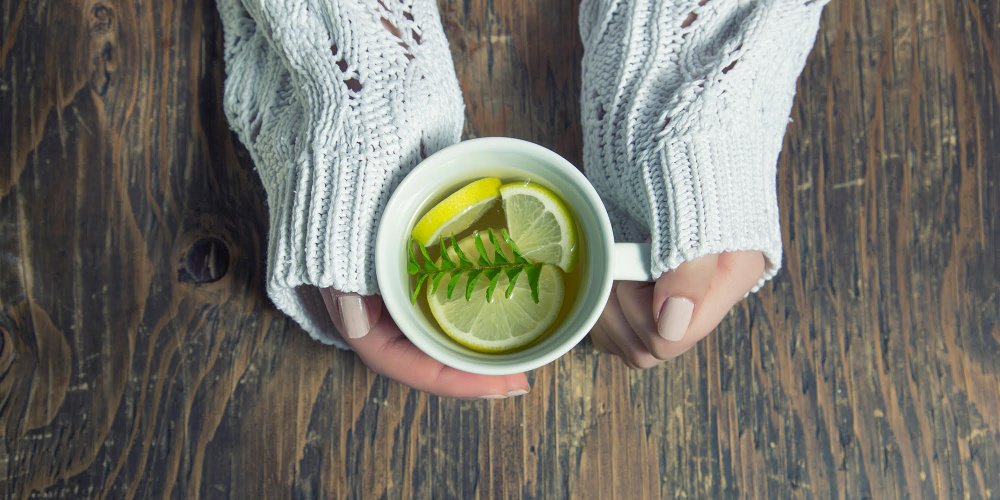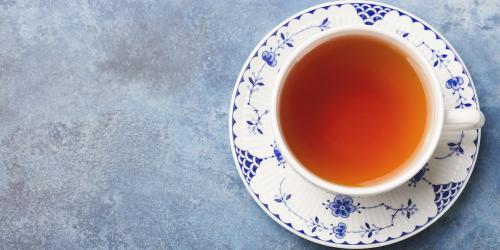It is the go-anywhere drink par excellence, since the night of time the tea is unanimous. These dried leaves infused in water make the fortune of the big brands and the happiness of all the amateurs. But as new flavors appear every day, how to choose the varieties that will best meet our desires?
Green tea, black, white: what differences?
Despite the different color of their leaves, green tea, black tea and white tea are all from the same plant: Camellia sinencis. On the other hand, they differ in their manufacturing process.
The white tea leaves, only dried in the sun, preserve the maximum nutrients contained in the fresh leaves. White tea is thus even more beneficial to the body than the famous green tea, but it is also more rare, more difficult to preserve and more expensive.
Green tea , very good for health thanks to its tannin and antioxidant content , is obtained after heating the leaves to a high temperature.
As for black tea leaves, they are totally oxidized, which ensures a longer shelf life than green tea. It is the third best tea from a nutritional point of view, after white tea and green tea.
Rooibos: tea that is not really a tea
The term "red tea" is confusing: in China, it is the real name of black tea. On the other hand, what we call red tea or rooibos in France is not even a real tea. It is an infusion of two African plants. This red "tea" is thus totally devoid of tea (other name of caffeine). It does not contain any tannins either. On the other hand, like real teas, it is very rich in antioxidants. Which also makes it a good health drink. Less, however, than green tea.
A tea for every moment of the day
Very good for health, green tea also offers the best value for money. This does not prevent other varieties of tea from being good for your health. We can therefore adopt all to vary the pleasures, preferring this or that tea depending on the time of day.
Tasteful black tea is perfect for waking up at breakfast and feeling up all day. For brunch, we prefer a green tea or a white tea, with more subtle and light tastes. Finally, for the evening, we prefer a light tea that accompanies our digestion , but it must also be low in theine to promote our sleep . Otherwise, we opt for a tea that is not one, because totally free of theine, such as red tea.



